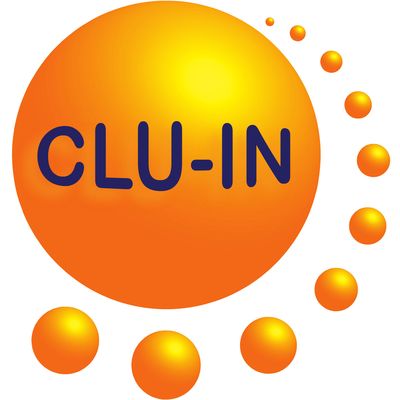Since 1998, The Contaminated Site Clean-Up Information (CLU-IN) website has presented Internet Seminars covering a wide variety of technical topics related to hazardous waste characterization, monitoring, and remediation. For each seminar topic, we have selected the highest-quality offering for placement in our archives. Beginning in May 2005, we began offering these archives via podcast, and this feed contains all seminars archived in the last 6 months. For a complete list of seminars archived since 2000 and videos of selected seminars archived since 2012, please visit http://clu-in.org/live/archive/. Our Rehabilitation Act Notice for reasonable accommodation is available at http://clu-in.org/training/accommodation.cfm. CLU-IN was developed by the U.S. Environmental Protection Agency (EPA) but is intended as a forum for all waste remediation stakeholders. For more information and to view upcoming live offerings, please visit http://clu-in.org/live/. For a complete list of RSS feeds available on CLU-IN, please visit http://clu-in.org/rss/about/.
http://www.clu-in.org/live/archive
Audio for "Tools for PFAS Site Characterization: Session II - PFAS Sources and Mapping," Oct 20, 2023
The NIEHS Superfund Research Program (SRP) is sponsoring a Risk e-Learning webinar series, hosted by CLU-IN, focused on research efforts to develop tools for sampling, monitoring, detecting, and characterizing per- and polyfluoroalkyl substances (PFAS) contamination. The three-part series will feature SRP-funded researchers and collaborators whose research focuses, in part, on understanding the distribution and fate of PFAS in the environment. The second session will highlight case studies featuring SRP research to understand PFAS sources and to predict fate and transport. To learn about and register for the other sessions in this webinar series, please see the SRP website. Matthew Farrell is a Ph.D. candidate working in the Planchart Lab at North Carolina State University (NC State) working under Antonio Planchart, Ph.D. Matthew will present on the bioaccumulation and trophic transfer of several PFAS through aquatic food chains. He will expand on how this research was modeled through a system beginning with contaminated water and continuing with periphyton, larval mayflies, and zebrafish — tracking PFAS burdens through each step in the food chain. Mark Brusseau, Ph.D., of the University of Arizona will discuss the conceptual and mathematical models for PFAS retention being explored in his lab. He will also describe the chemometric tools used to develop the first quantitative structure-property relationship model for predicting interfacial adsorption coefficients for PFAS. This QSPR model can be combined with our comprehensive retention model to predict the retention and migration potential of PFAS in soil and groundwater systems. Carla Ng, PhD., of the University of Pittsburgh will provide an update on activities to reveal PFAS contamination in Southwestern Pennsylvania, an area that has received relatively little focus compared to other parts of the state. The talk will specifically address a case of accidental release in McKeesport, Pennsylvania, and efforts to understand the life cycle and contribution of legacy and ongoing industrial activity on PFAS profiles in the region. To view this archive online or download the slides associated with this seminar, please visit http://www.clu-in.org/conf/tio/PFAS-Characterization-2_102023/
